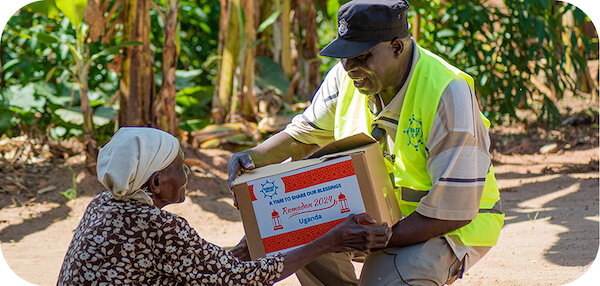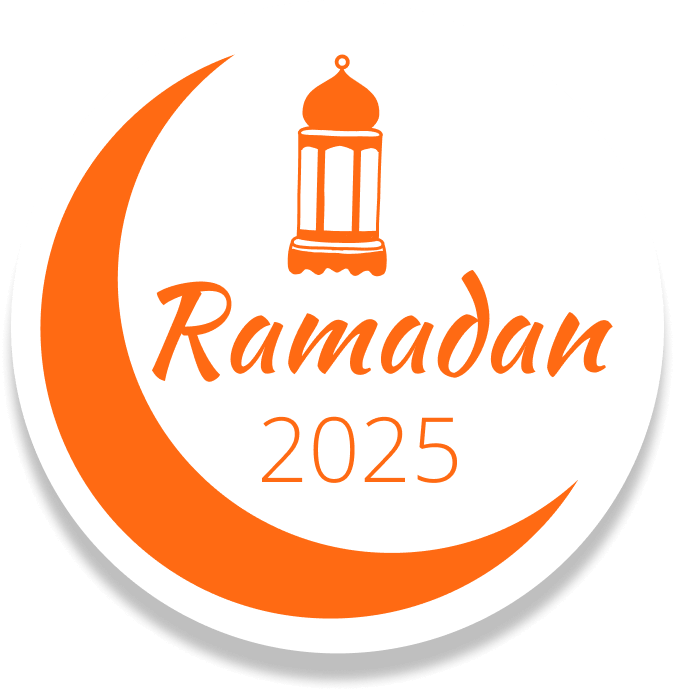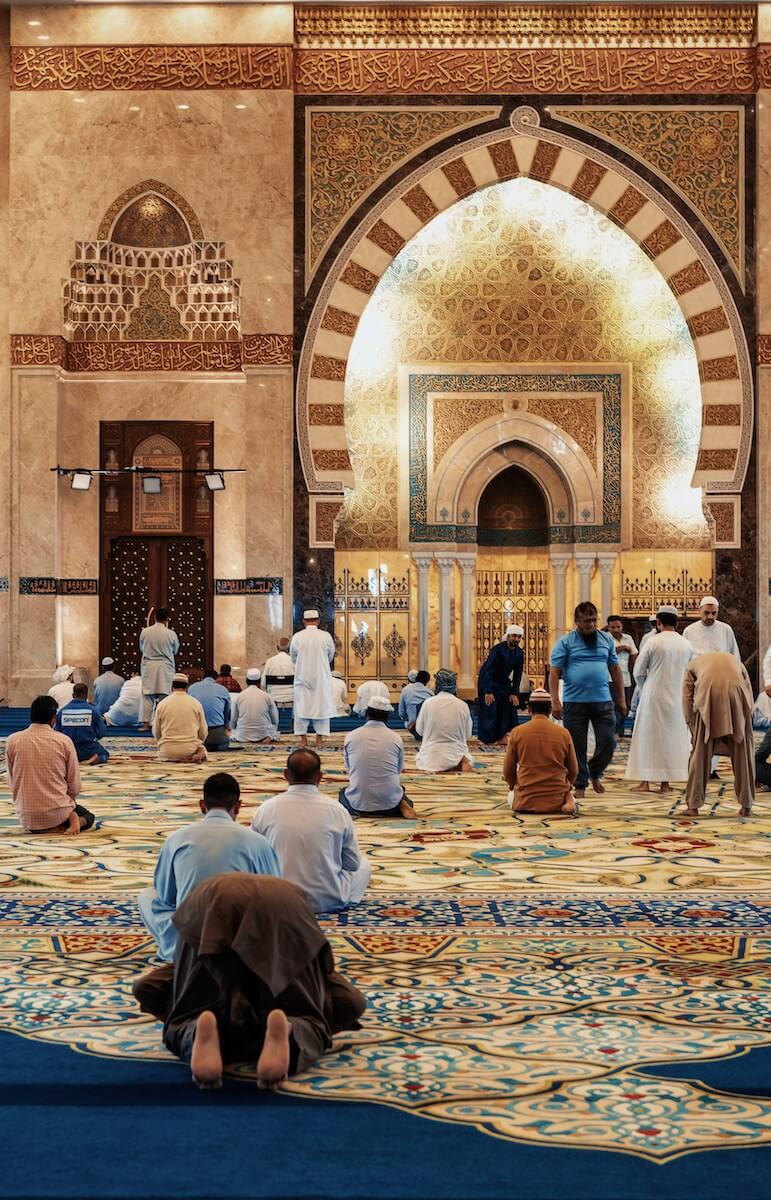Ramadan 2025 begins at sunset on Friday, February 28, and concludes at sunset on Saturday, March 29. The observance of Ramadan, the ninth month of the Islamic calendar, holds immense spiritual significance for Muslims worldwide. It is a time of fasting, prayer, reflection, and community, observed by over 1.9 billion Muslims across the globe.
To fully understand the timing and meaning of Ramadan, it’s essential to explore how its dates are determined and why it is considered such a sacred month.
How Are the Dates of Ramadan Determined?
Ramadan follows the Islamic lunar calendar, which is based on the phases of the moon. This is different from the 365-day Gregorian calendar used most commonly around the world, which is solar-based. The Islamic calendar consists of 12 lunar months, each lasting approximately 29 or 30 days. This means the Islamic year is about 10 to 12 days shorter than the Gregorian year. Consequently, the start and end dates of Ramadan shift each year, moving earlier by about 10 days annually.
The beginning of Ramadan is marked by the sighting of the crescent moon (hilal) following the new moon. Islamic scholars and community leaders often rely on local moon sightings or astronomical calculations to determine when Ramadan begins. This variability sometimes results in slight differences in the start date of Ramadan between regions.
Similarly, the end of Ramadan is determined by the sighting of the next crescent moon, signaling the arrival of the month of Shawwal and the celebration of Eid al-Fitr, a joyous festival marking the conclusion of fasting.
The Significance of Ramadan
Ramadan is one of the Five Pillars of Islam, making it a cornerstone of the Islamic faith. It commemorates the month in which the Qur’an, the holy book of Islam, was first revealed to the Prophet Muhammad (peace be upon him) by the angel Jibril (Gabriel). Muslims use this month as a time to grow closer to Allah (God) through acts of worship, including fasting, prayer, charity, and recitation of the Qur’an.
Fasting during Ramadan, known as sawm, is obligatory for all adult Muslims, with exceptions for those who are ill, traveling, pregnant, nursing, menstruating, or elderly. From dawn (fajr) until sunset (maghrib), Muslims abstain from food, drink, smoking, and other physical needs. The pre-dawn meal is called suhoor, while the meal to break the fast at sunset is known as iftar.
The spiritual goal of fasting is to develop taqwa, or heightened awareness of and closeness to Allah, by exercising discipline, gratitude, and empathy for those less fortunate.
Why Ramadan’s Dates Matter Globally
The shifting dates of Ramadan mean it is observed in different seasons across the decades, affecting the length of fasting hours, which vary based on geographic location and daylight. For instance, Muslims in northern regions with longer daylight hours may fast for up to 20 hours, while those in equatorial regions experience more consistent durations. Because Ramadan 2025 mostly falls within the month of March, around the time of the spring equinox, most Muslims in the northern hemisphere will have fewer hours of daylight than their counterparts in the southern hemisphere.
Understanding when Ramadan begins and ends each year is crucial for Muslims to prepare spiritually and practically. Communities worldwide organize special prayers, iftar gatherings, and charitable events during this holy month.
For Muslims and non-Muslims alike, understanding Ramadan’s significance fosters greater appreciation of its role in Islamic culture and its emphasis on self-discipline, compassion, and faith.
Make a powerful impact this Ramadan and support Embrace Relief’s International Hunger Relief!
The time of Ramadan is significant for us here at Embrace Relief, as well. It is a time where we all become acutely aware of the pain and discomfort caused by going without food. Therefore, it is the ideal time to recognize and support those who go hungry during the other months of the year. That’s why our International Hunger Relief: Ramadan 2025 campaign is so important, and why we’re asking for your support this year!
During Ramadan 2024, Embrace Relief provided nutritious food packages and meals to more than 165,000 people in 21 countries, each food package serving a family and community where it is most needed. We can only provide this aid because of the generosity of donors like you.
Donate today to our International Hunger Relief campaign and you can help vulnerable families on five continents. With just a few clicks, you can ensure that thousands of men, women and children around the world will go to bed on a full stomach.
Thank you for your support, and may Ramadan 2025 be a time of immense blessings, spiritual growth, and communal harmony for all.
Donate For Ramadan 2025
Embrace Relief aims to provide 100,000 people with nutritious food during our International Hunger Relief: Ramadan 2025 campaign.























